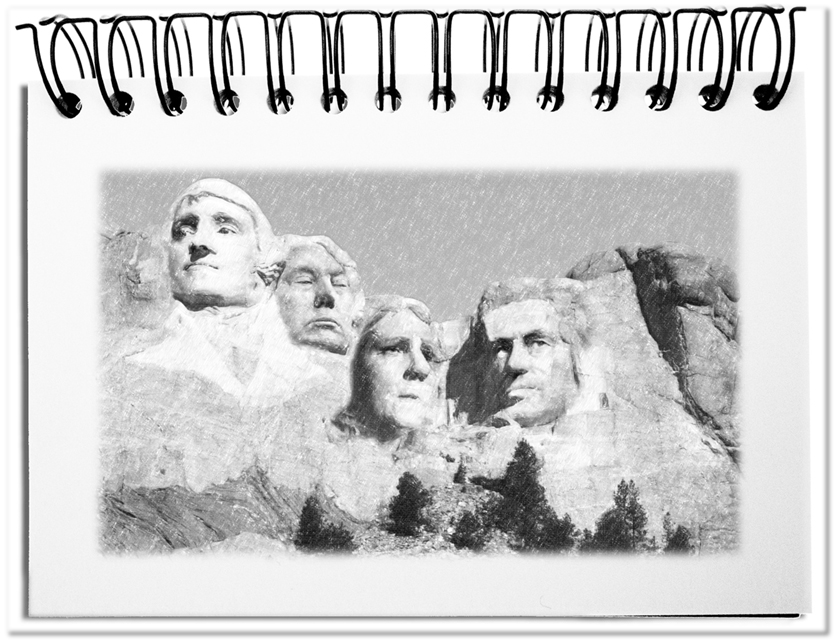The voters break away from the established politicians. As counter measure they show muscles, by taking over the populist behavior of their political opponents. They use the same rabble-rousing that they actually criticize. Although the European Union, NAFTA, MERCOSUR, APEC and other free trade agreements continually integrate the regions to bigger bundles, more and more nationalistic movements emerge globally. This washes politicians to the top, who use basic insecurities of the voters, in order to receive their votes. But it is also a matter of those, who give their vote to those tendencies as well as the competitors, who are not taking these fears seriously and thus lose continuously votes to the new alternatives. The question that arises is: Who is actually responsible for this swing to the right?
Do populist movements win due to particularly good offers? Or do the voters desire exactly the offered solutions? Or do the established parties have simply no replies? Let’s look at the three groups.
- The winners
The new, political movements, generally called populists, discovered for themselves the virtual opportunities of the Internet and the mass media as a direct way to the voter. On the one hand they offer information that supplies new food for stereotypes – false reports concerning social benefits and wrong doing of refugees. At the same time, they reuse positive slogans and made it thereby even into the key media – starting with “we are the people” up to the disguise by using the brand of Anonymous for a Facebook account. Original contents and practical solutions are not available. However, the winners achieve to convince the electors and thus to change the political life. - The voters
Since the political turn in Germany the political landscape is changing. On the one hand the large voter groups of the new federal states were integrated. At the same time the follow-up of the PDS brought a new political perspective into the frozen political arena. While the portion of non-voters between 1972 and 1983 varied between 8.9% and 10.9%, we have between 1990 and 2009 from 22.2% to 29.2% of electors that do not vote. This is a large potential that can be targeted by new political alternatives. It gets interesting within the next parliamentary elections. Does the portion of non-voters will go down noticeably? Which percentage will the new parties receive? The voters decide on the composition of the parliaments and are thereby the real responsible people. With their choice of a party, they give them the power – whether it offers solutions or not. - The losers
Many years of political work, the wish to be re-elected, the party discipline and the imperishable memory of the media have softened the established parties. Politicians protect their position, by telling what the voters want to hear – even if this leads to the fact that one does not represent a personal opinion. On the one hand stable positions and values were solidified, but on the other hand the realpolitik after the elections shows that the realization of the noble goals falls behind the original aspirations. Professional politicians receive their performance review with the election. Who could be surprised that they align their speeches to political surveys. With few exceptions personal attitudes are withdrawn for the party discipline. The statements lose their actuality, if past quotations are pulled over years out of their context and used against the candidates. While at the beginning all established parties turned against the populism of the new ones, they notice that without this style, large groups of voter break off. Even so that they would like always be asked, there are no answers. Politicians use the speaking time, despite repetitive questioning to rattle off by heart learned texts. The established parties contribute substantially with their unclear positions and unreliable offers to the decline of the political culture.
Bottom line: Election results are made by voters. Politicians make more or less concrete offers, which try to tempt the voter. Currently a large part of citizens do not want to hear tales from the established parties.
The voters and the traditional professional politicians are responsible for these developments. The voters hide their decisions behind doubtful reasons: We show you, who has the power; I do not elect as a punishment for the parties; Those are right. The established political landscape lost its purpose due to decades of continuity and political routines as well as the career plans of the politicians.

